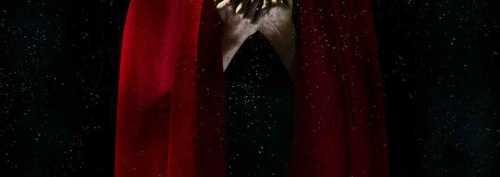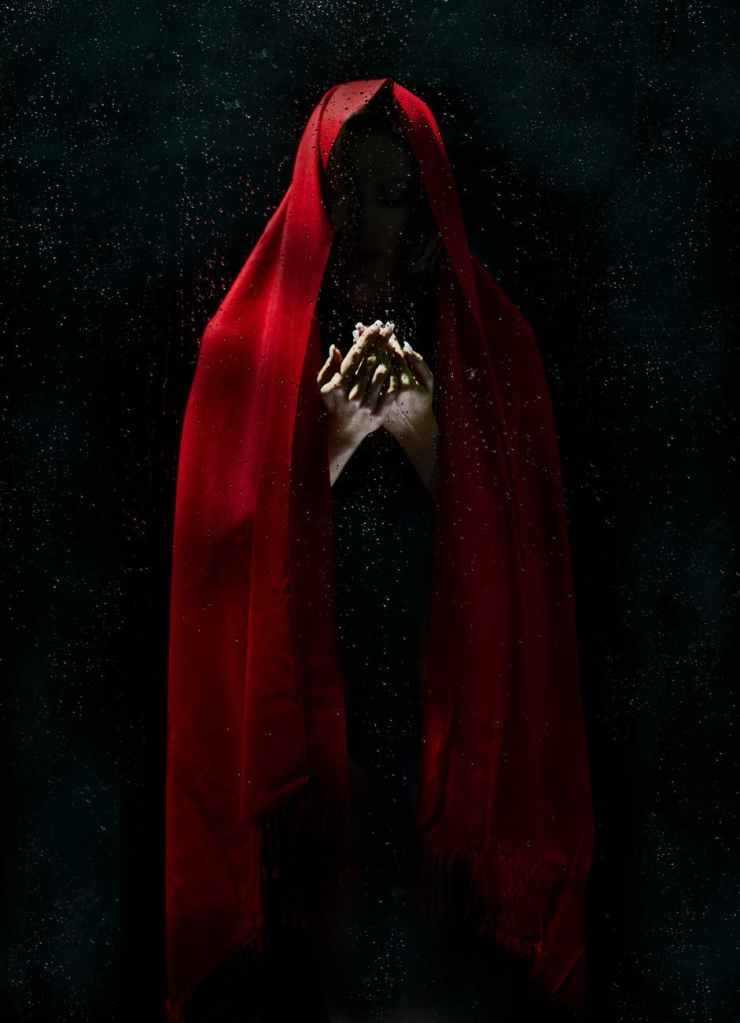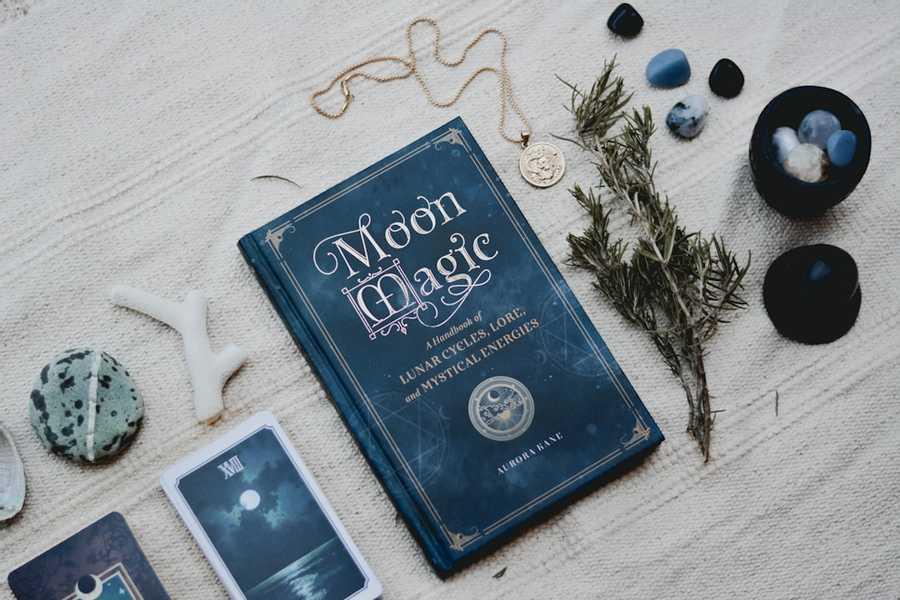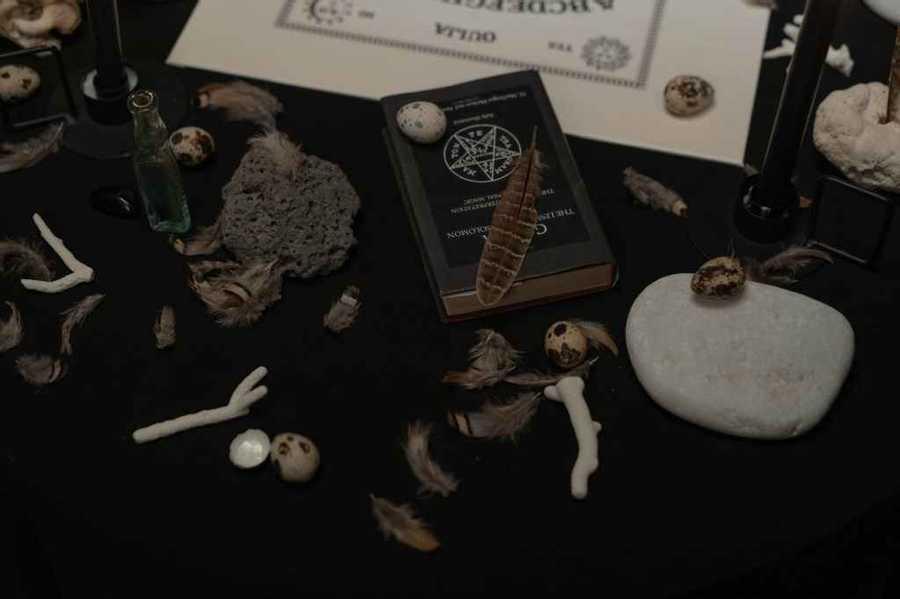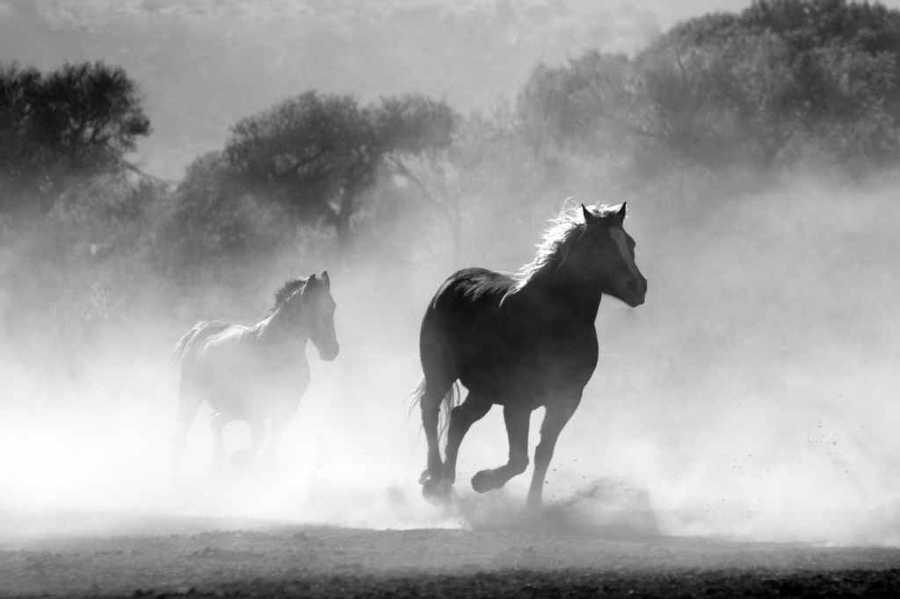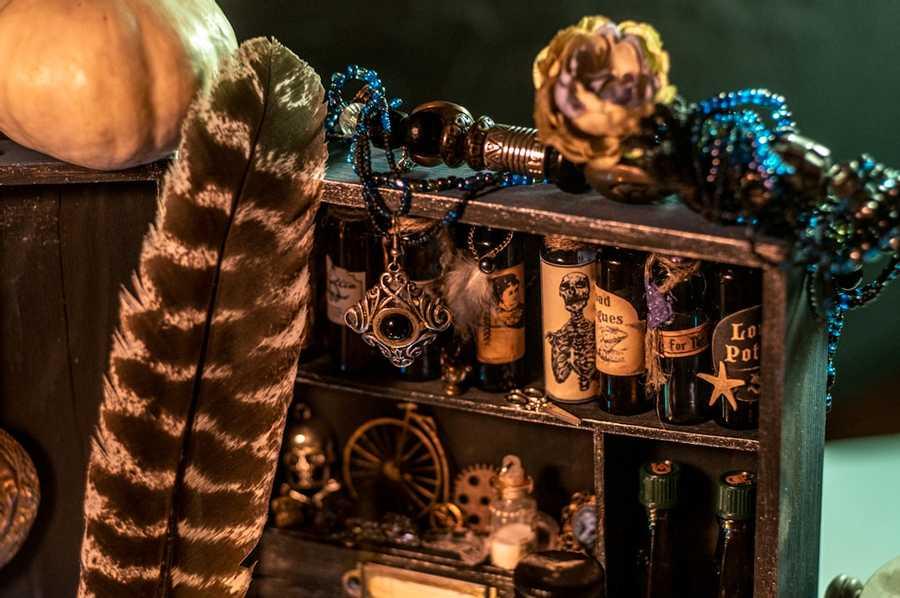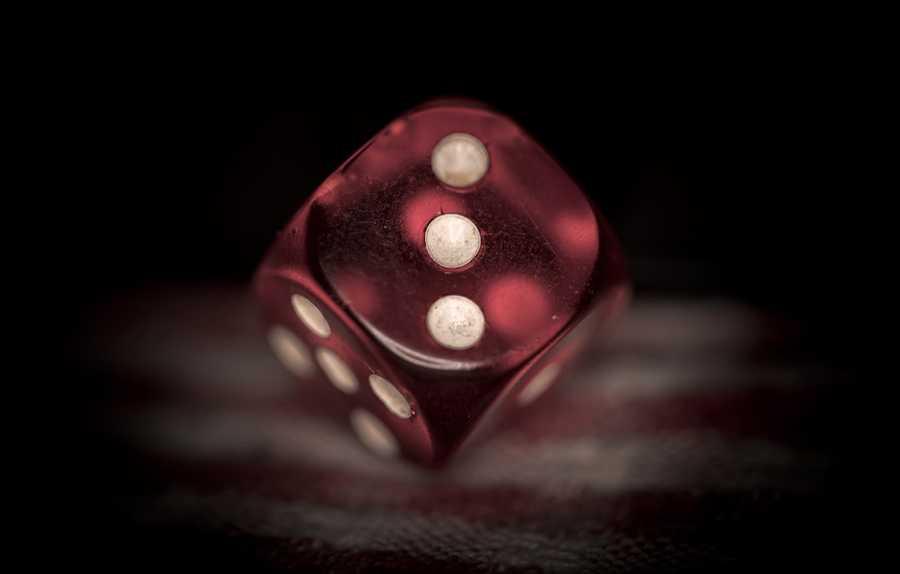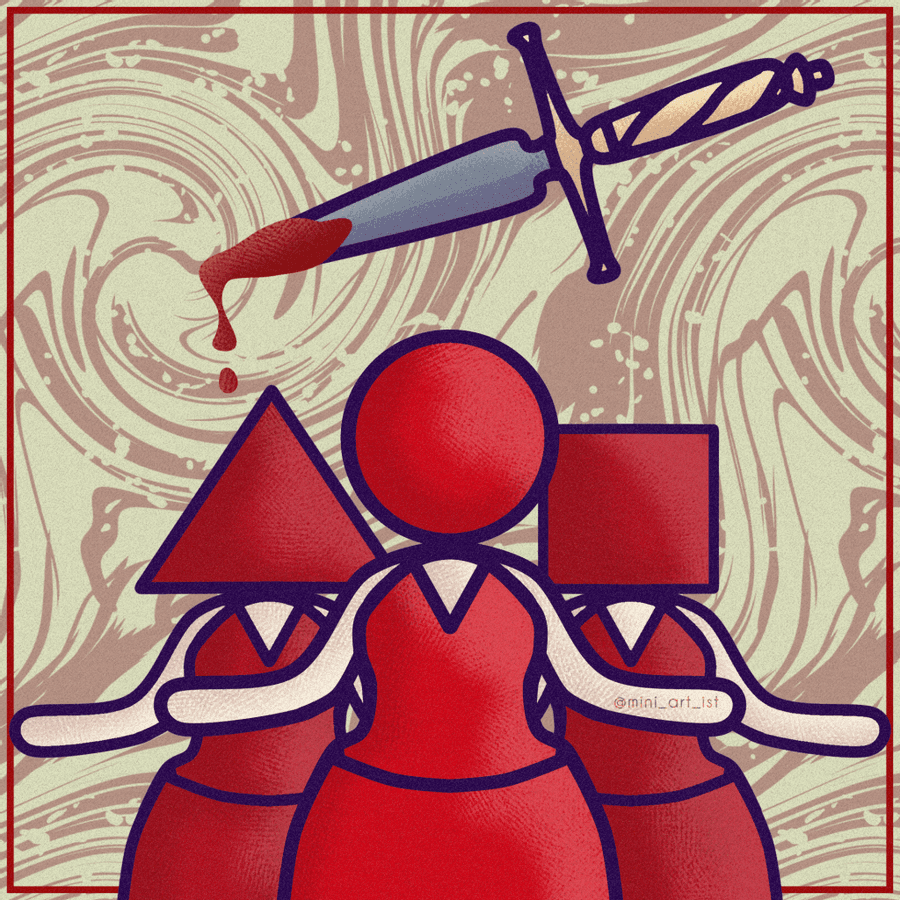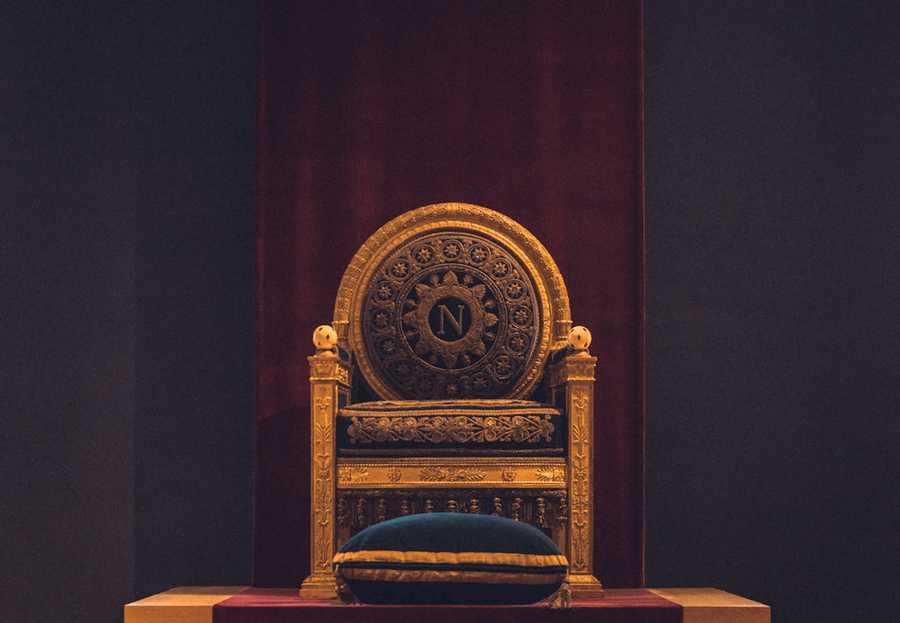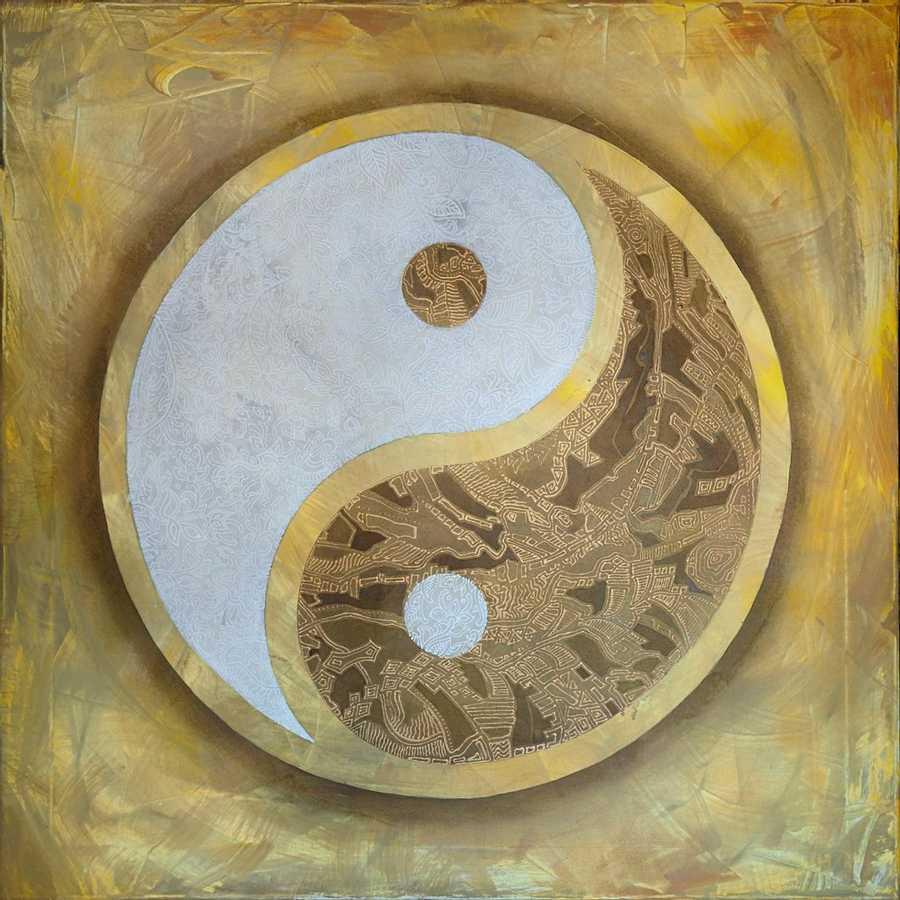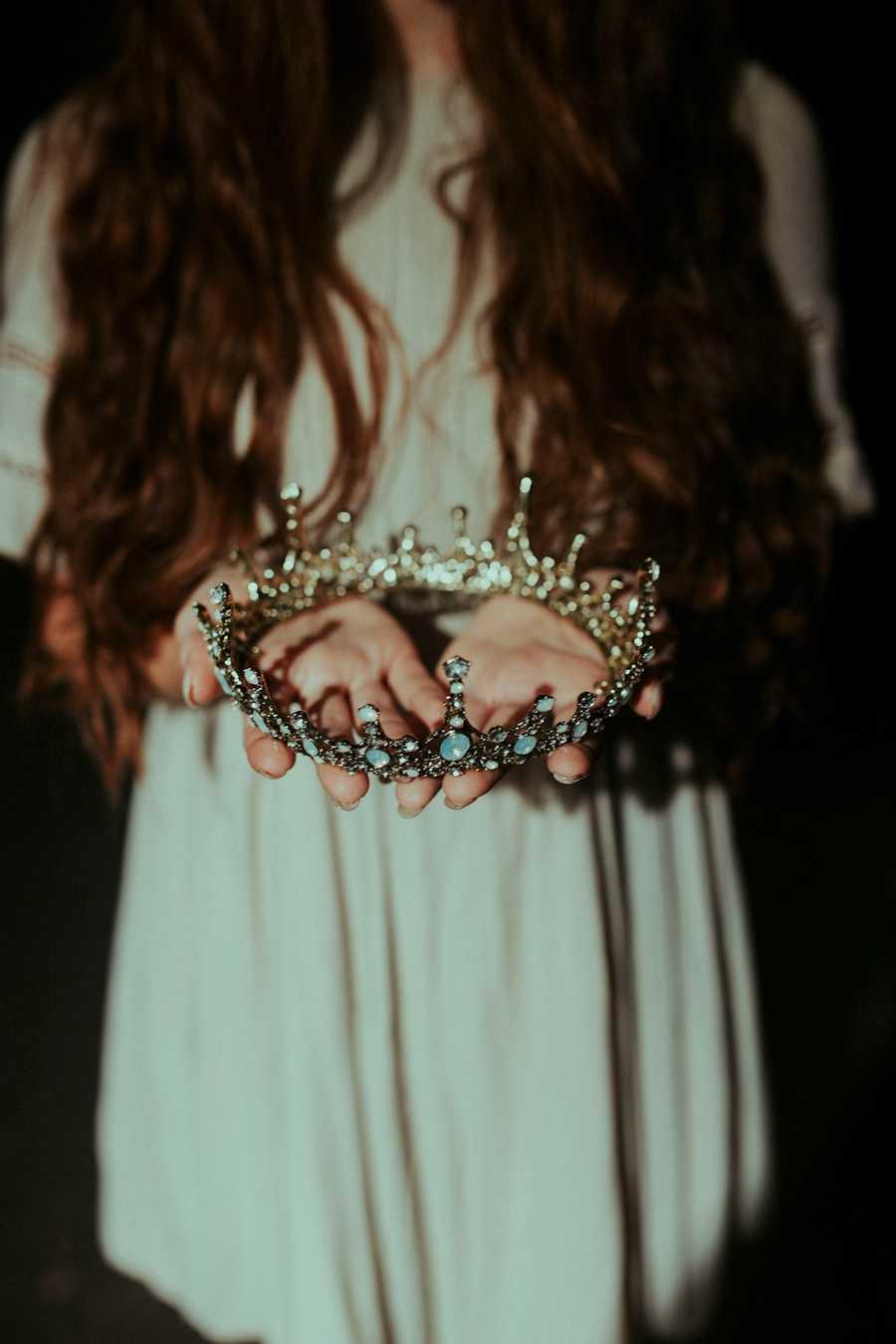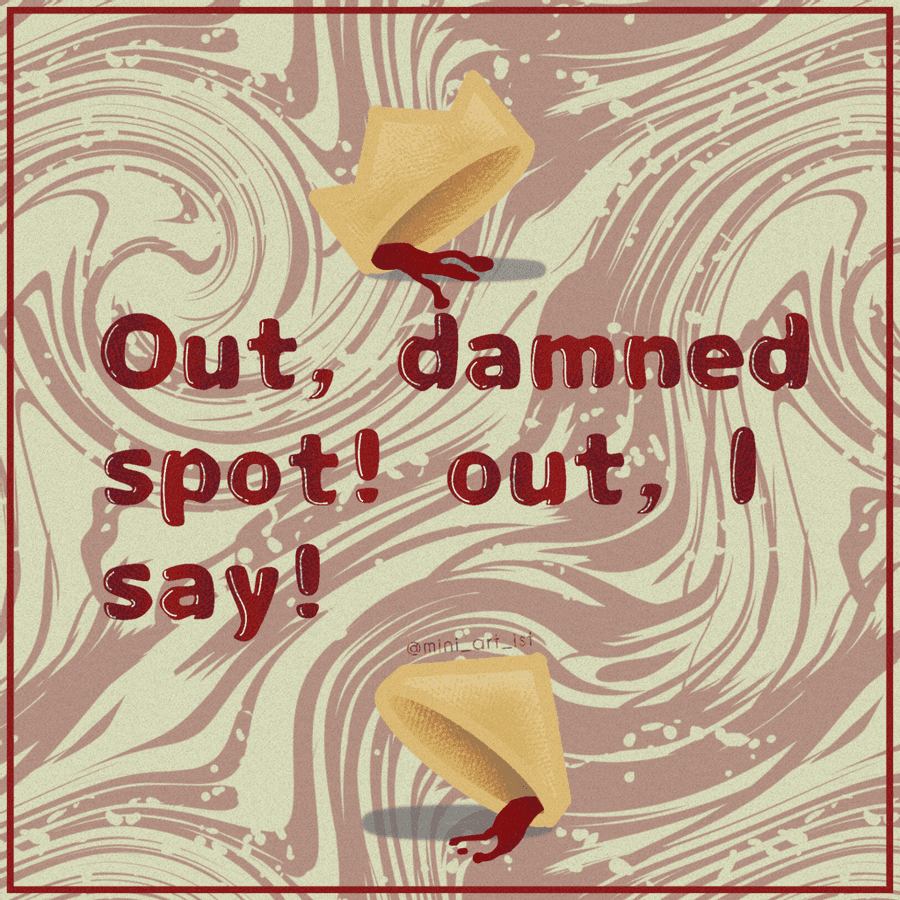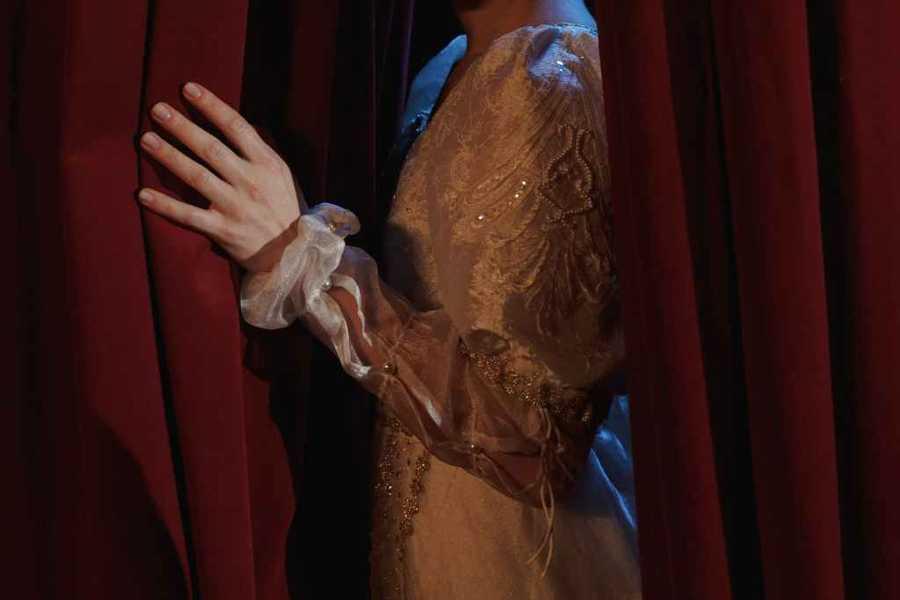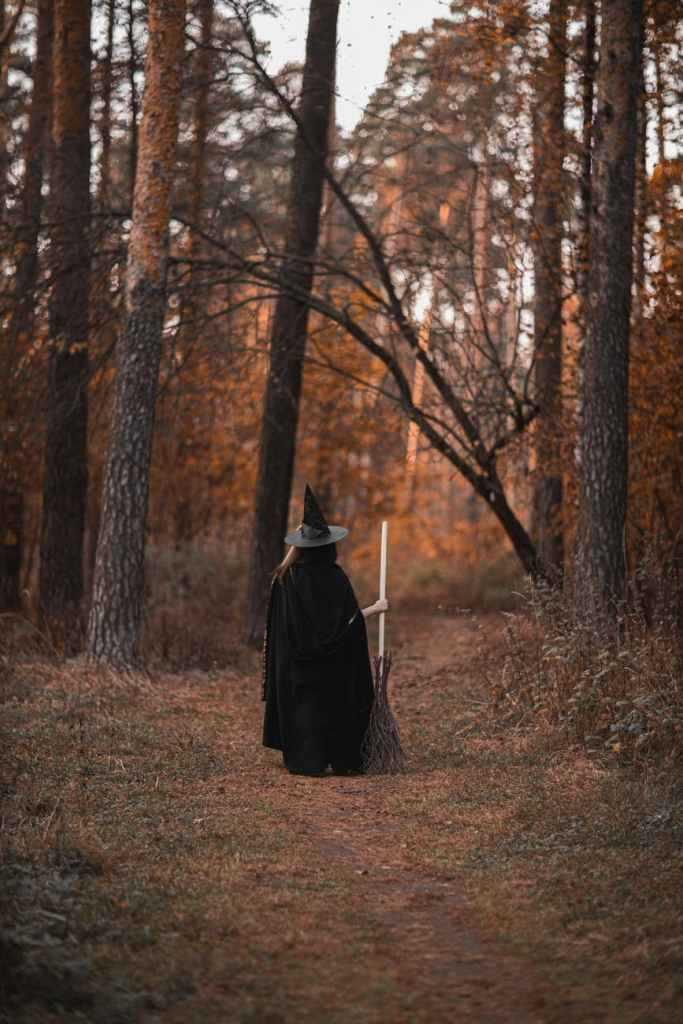Explore the World's Best Ideas
Join today and uncover 100+ curated journeys from 50+ topics. Unlock access to our mobile app with extensive features.
The Play
Macbeth was first performed on stage in the year 1606. It is a play in which Shakespeare wished to get inside the skin of a murderer showing us the psychological effects of committing such crimes as Macbeth and the other characters (specially Lady Macbeth). However, as interesting as the subject of the mind of a murderer is, I find the witches to be equally intriguing on their own.
11
446 reads
Supernatural in contemporary England
Witchcraft was a ‘vogue’ issue in the early reign of James I. Even before he
ascended the throne, King James I himself, believed he had been the subject of a plot by three Scottish witches to shipwreck him by stirring up storms. Learned books were also published on the subject such as A Discourse of the Subtle Practices of Devils (1587) and King James’ own Demonology (1597). Some of the learned works expressed scepticism as to the more far-fetched claims made about witches, like Reginald Scot’s The Discoverie of Witchcraft (1584, banned under James I), but they agreed in their existence.
9
65 reads
Shakespeare's views on witchcraft
We do not know Shakespeare’s personal opinion on witchcraft. But the belief in witchcraft could be used by him for dramatic purposes at a time when almost everybody supposed that witches were,
"channels through which the malignity of evil spirits might be visited upon human beings.”
7
66 reads
Supernatural in Macbeth
The supernatural in Macbeth exists in many forms beside witchcraft such as ghosts and the reversal of natural order. If we remember the start of Act II, Sc i, the old man and Ross talk about the unnatural events that were observed by both of them such as an owl hunting a falcon, Duncan’s horses fleeing into the wild and eating each other, dark night even when it was supposed to be day and so on. This unnatural deeds were perhaps occuring in response to the unnatural act of regicide commited by Macbeth.
8
49 reads
What are the witches of Macbeth?
There are three characters in Macbeth that are dubbed as the witches. These characters materialize for the purpose of temptation, their natural existence remaining unearthly. Banquo’s cry,
"The earth hath bubbles as the water has, And these are of them,”
is perhaps best suited to describe the nature of such beings. These characters do not refer to themselves as ‘witches’ preferring the term ‘weird sisters’ instead. The witches are projected as primal, elemental beings inhabiting the world of nature beyond our senses.
8
49 reads
The appearance of the weird sisters
Their appearance as described by the dialogue of Banquo is feminine with womanly attire, yet they have beards. This apparent femininity with the interjection of masculinity is again used by Shakespeare in the character of Lady Macbeth (discussed later).
9
50 reads
The powers of the weird sisters
The weird sisters are followers of Hecate, the classical Goddess of the Moon and sorcery. They are shown to partake in dark magic, necromancy, prophecy, and so on. They have the power to control the weather. These witches have a power over a soul that has admitted to have evil in it, such as Macbeth’s. This power led some critics to believe that these weird sisters were actually demons in the form of witches.
The weird sisters appear in thunder, lightning and rain. It is implied that they can make storms. To add to their ominous nature, they also preside over the ‘hurly burly’ of battles.
9
33 reads
The role of the witches in Macbeth‘s fall
Opinions vary greatly on the role of the weird sisters in the fall of Macbeth. Some critics believe that these witches were the epitome of evil fully responsible for the fall of Macbeth. Their false prophecy and deceitful flattery is what tempted ambitious Macbeth to walk to his own ruin. Again, some critics consider the witches to be the mere embodiment of ambitious thoughts which had already moved Macbeth and his wife to murderous intentions.
8
31 reads
Are they neutral agents of fate?
I believe that the weird sisters are actually neutral. They prophesied that Macbeth would become Thane of Cawdor and finally the King. However, they never incited him to commit the crimes or suggested that he would have to act in any way to gain the throne. Instead, Macbeth comes to this conclusion on his own in Act I Sc. iv:
"If chance will have me king, why, chance may crown me
Without my stir.”
The witches are like an evil catalyst in Macbeth and their power is to double the already present evil.
9
26 reads
The dramatics of the weird sisters
The opening scene of the play begins with the end of the weird sisters’ meeting in thunder and lightning in a desert place. This sets a very uncanny supernatural stage for the whole play. Their chant,
"Fair is foul, and foul is fair;”
sets the keynote for the whole play. What strikes Macbeth as fair, such as the prophecy of Kingship and apparent invincibility in battle turns out to actually be foul. Again, what was perceived as foul such as the sudden arrival of Duncan at Inverness proves to be fair.
The witches talk in rhyming couplets while the other characters talk in blank verse.
8
22 reads
The fourth witch
One of the regular critical views on the play mention a fourth witch in the form of Lady Macbeth. Indeed, she is cunning and ruthless while planning for the murder of Duncan. The witches call forth the ambition in Macbeth causing him to wish for power at all costs. But it is Lady Macbeth that causes this desire to take actual form in the ‘real world’. She gives physical form to the concept introduced by the witches. Lady Macbeth invokes the ‘spirits that tend on mortal thoughts’ to fill her with cruelty and ‘unsex’ her. ‘Unsex’ here, refers to the stripping away of womanly characters.
9
24 reads
Lady Macbeth is complicated
However, it was Lady Macbeth’s tongue that was valorous. She, herself, pretended to be ruthless while she was guilt ridden and plagued by the consequences of the plethora of murders that followed King Duncan’s murder as well as the regicide she was a co-conspirator in. These evil deeds went against her very nature and caused her to spiral into a rabbit hole of guilt and trauma that caused her to obsess over washing her hands, sleepwalking and eventual death (which, though ambiguous, is apparently a suicide).
8
24 reads
Bonus: Superstitions about the play
Macbeth is a play steeped in supernatural and uncanny. So, it is perhaps no surprise that superstitions surround the play itself. In the theatre and film industry, it is considered bad luck to mention the name of the play, Macbeth (not the character Macbeth). There have been instances where various accidents, injuries and even deaths occurred when Macbeth is uttered. It is said that Shakespeare had used real Witches’ spells in Macbeth which led the witches to curse the play itself. If they need to refer to the play they use the name, ‘The Scottish Tragedy’ instead.
10
22 reads
The Conclusion
William Shakespeare was a legendary playwright. He wished to keep the witches as mysterious figures that kick off the play of Macbeth and consequently the downfall of Macbeth. That is why, it’s not surprising that the witches of Macbeth seem mysterious even after four centuries. There is so much more I couldn’t cover about the the Macbeth Witches because I lack the knowledge or because I couldn’t fit it in in this blog post. If you found this interesting, I encourage you to do a little bit of research on them. I promise you’ll not be let down.
7
27 reads
IDEAS CURATED BY
Hello there! An aspiring writer here... My motto is, like Ulysses, "to follow knowledge like a sinking star, Beyond the utmost bound of human thought."(Tennyson) I love #poetry, #literature and #books and all the people that love these three.
Pousali Bhar's ideas are part of this journey:
Learn more about communication with this collection
Identifying and eliminating unnecessary expenses
How to negotiate better deals
Understanding the importance of saving
Related collections
Similar ideas
8 ideas
7 Ways to Talk Like Shakespeare
yourdictionary.com
11 ideas
Ten ways in which Shakespeare changed the world
theguardian.com
11 ideas
11 Results from Studies About Online Dating
mentalfloss.com
Read & Learn
20x Faster
without
deepstash
with
deepstash
with
deepstash
Personalized microlearning
—
100+ Learning Journeys
—
Access to 200,000+ ideas
—
Access to the mobile app
—
Unlimited idea saving
—
—
Unlimited history
—
—
Unlimited listening to ideas
—
—
Downloading & offline access
—
—
Supercharge your mind with one idea per day
Enter your email and spend 1 minute every day to learn something new.
I agree to receive email updates
